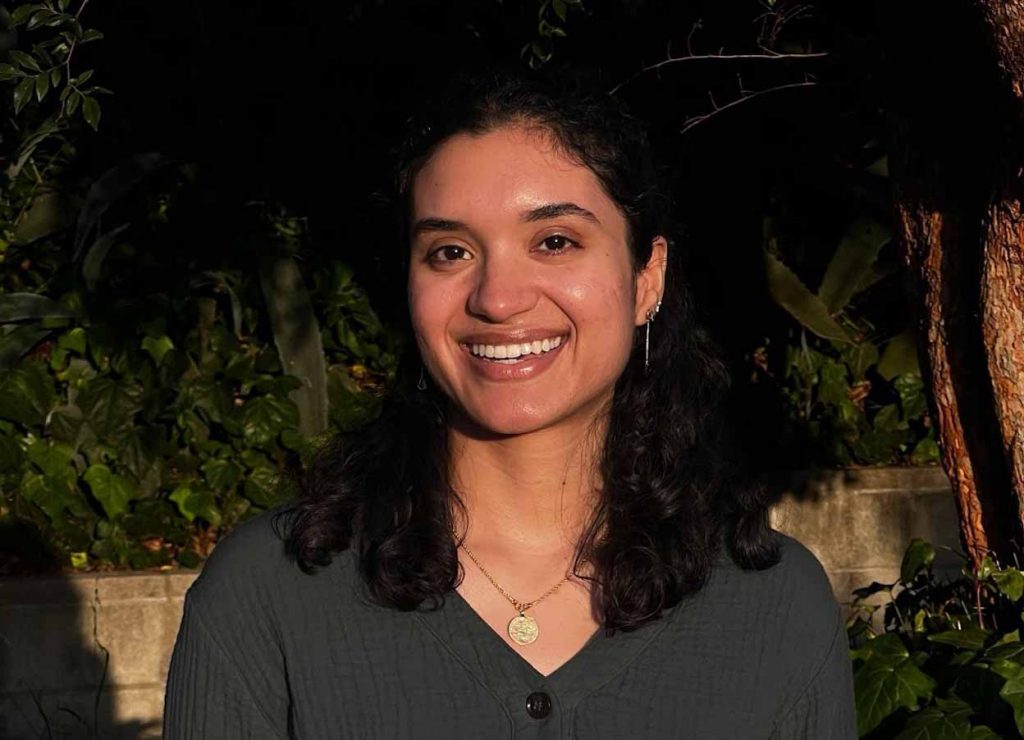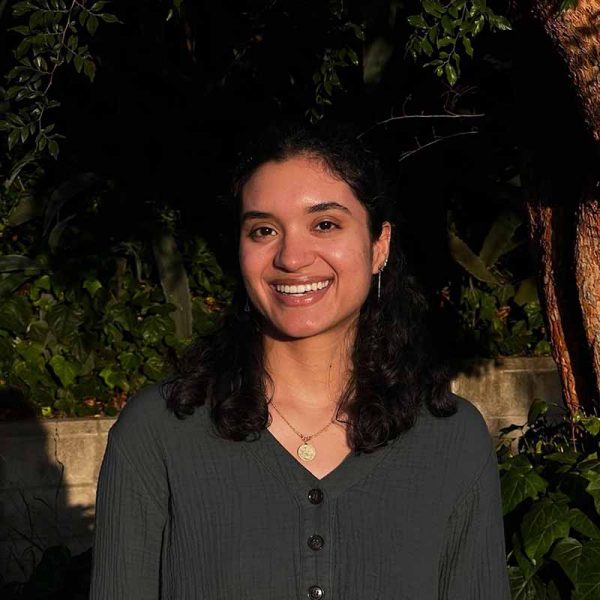

Ashley Tan
Associate Account Executive, Legal & Crisis

Hamaad Najam
Account Executive, Legal & Crisis

Shwetha Ganesh
Account Executive, Impact
Several staff members from BerlinRosen’s AAPI Employee Resource Group, including Ashley Tan (Assistance Account Executive, Legal & Crisis), Hamaad Najam (Account Executive, Legal & Crisis) and Shwetha Ganesh (Account Executive, Impact) share about their experiences being AAPI in the workplace, staying connected to their cultural roots, and what about their culture they are proud of.
Ashley Tan:
I’m originally from Singapore, a small but diverse country where cultures, languages, and religions intertwine in everyday life. Growing up in a multicultural society taught me early on the importance of listening closely, adapting quickly, and finding common ground across differences. My education in France and New York exposed me to new ways of thinking and being—helping me embrace complexities and seek growth through discomfort.
Hamaad Najam:
My parents are immigrants from rural Punjab, Pakistan. Reflecting on the lives of my ancestors—farmers and migrant laborers—grounds me and connects me to my roots despite the vastly different world I live in today.
Shwetha Ganesh:
I grew up in a thriving Indian community, specifically among Malayalis from Kerala. Our community ensured we learned about subcultural elements not often portrayed in mainstream media, shaping how I engage with traditions today.
Hamaad Najam:
The Punjabi tendency to joke about everything, be dramatic, and speak loudly in restaurants.
Shwetha Ganesh:
“Sadhya” – a traditional Kerala feast of rice, curries, and sides served on banana leaves. These meals remind me of special occasions with loved ones.
Hamaad Najam:
Listening to my parents’ stories—no matter how often repeated—keeps me connected to their world.
Ashley Tan:
Roti prata is more than just a dish—it’s a sensory memory of where I come from. It reminds me of small comforts like breakfast with my parents or waking up to warm prata from the hawker center. Whether dipped in curry or sprinkled with sugar, prata is comfort, connection, and culture.
Shwetha Ganesh:
Sadhya (see above) – a spread eaten during festivals and special occasions that brings people together.
Shwetha Ganesh:
Sometimes being the only person of color on a social impact client team felt isolating. Building relationships with peers and mentors who are also people of color helped foster dialogue and advocacy.
Hamaad Najam:
Lean into your unique background. As the world grows more diverse, your perspective becomes more valuable.
Shwetha Ganesh:
Stay true to your values. An unconventional career path may be tougher, but it will pay off.
Ashley Tan:
Representation means we don’t just show up; we help shape the room. Diverse perspectives are strategic advantages in client-facing work, allowing teams to offer solutions that resonate across communities.
Shwetha Ganesh:
Mentors who share your background can be pivotal. Representation opens doors for others to follow.
Hamaad Najam:
I hope to see AAPI voices sharing unique perspectives that influence future generations and shift mainstream narratives.
Shwetha Ganesh:
Broader, more intersectional advocacy that uplifts marginalized groups within the AAPI community.
Ashley Tan:
People often overlook how layered Singaporean culture really is. It’s more than just clean streets or tourist stereotypes—it’s a multicultural society navigating identity in nuanced, everyday ways.
Shwetha Ganesh:
The “model minority” myth erases the struggles of less-represented AAPI subgroups.
Ashley Tan:
I hope the next generation of AAPI professionals feel empowered to bring their full selves to the table. Mentorship and visibility can help build inclusive cultures.
Shwetha Ganesh:
Greater intersectional support and representation for underrepresented communities within AAPI populations.